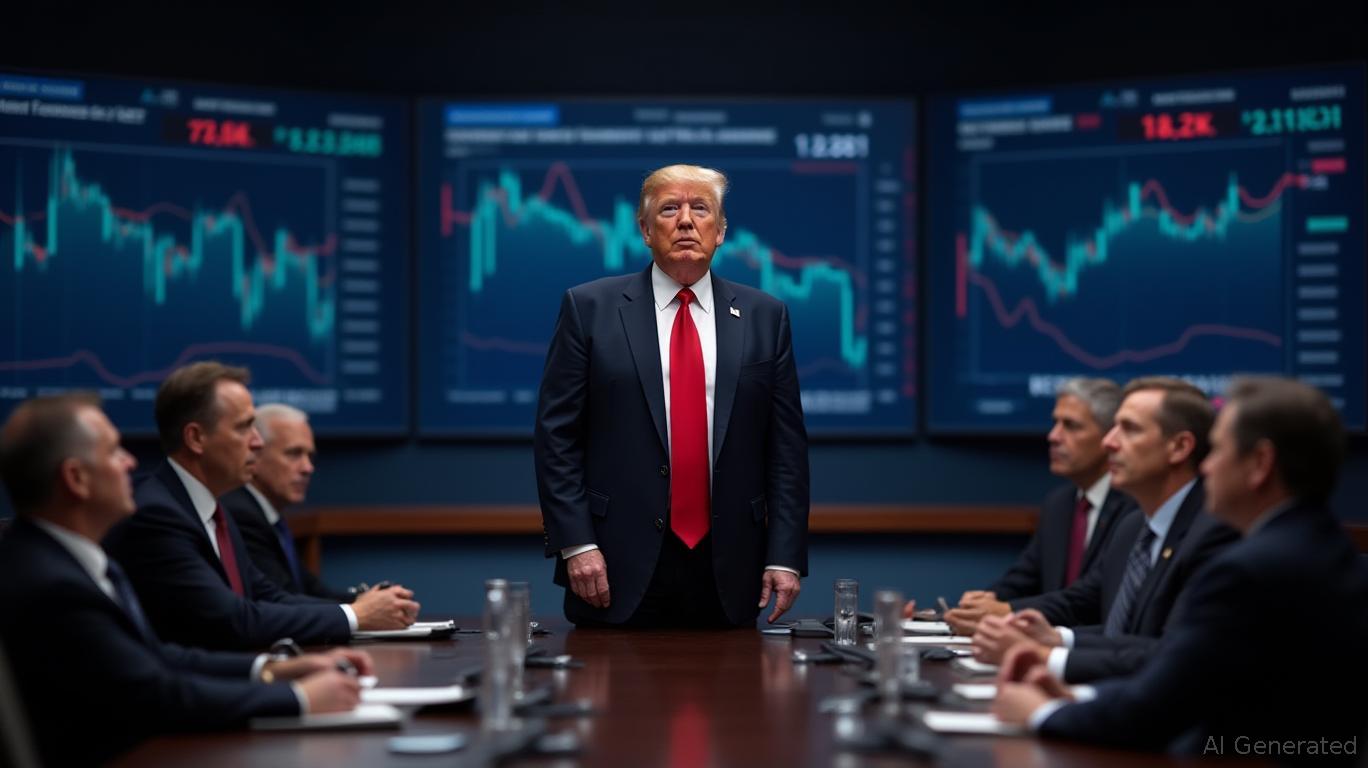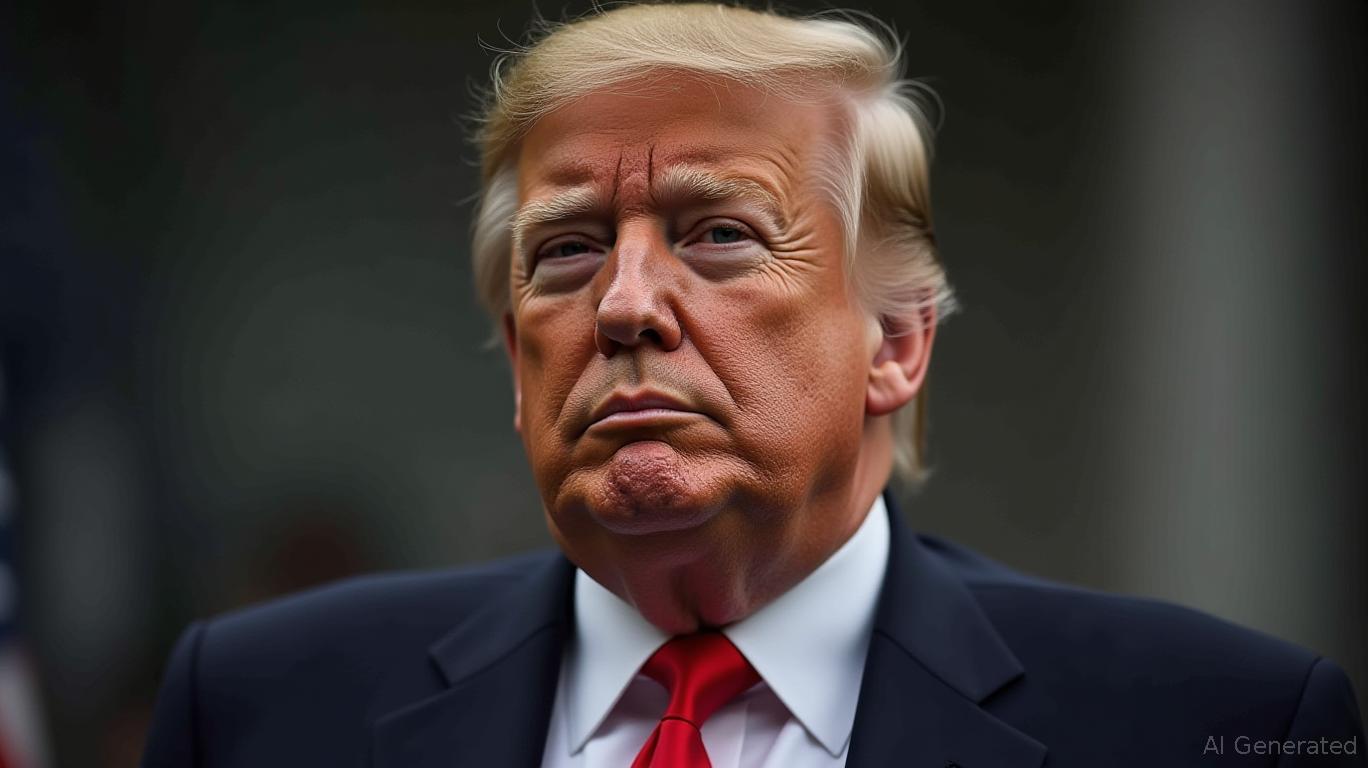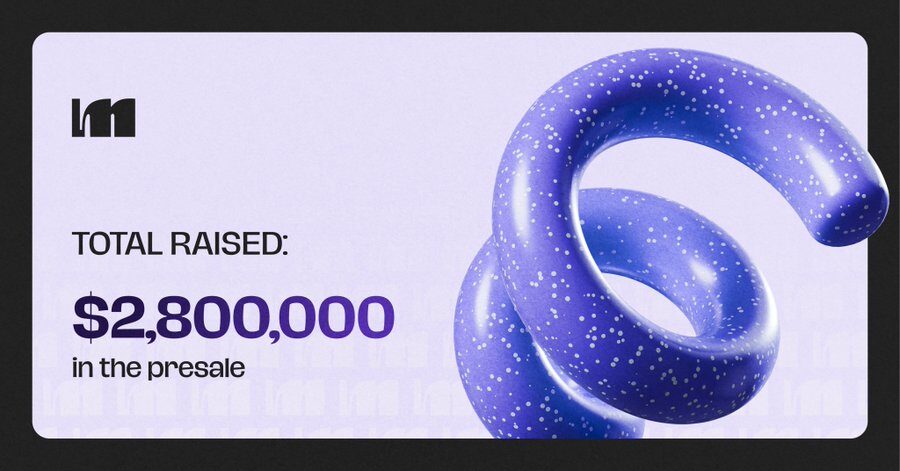Hong Kong's e-HKD: Building a Digital Gateway Connecting China with International Markets
- Hong Kong's HKMA plans to finalize e-HKD retail rules by mid-2026, requiring regulatory approval for all HKD-pegged stablecoins to combat financial risks. - The e-HKD pilot advanced tokenized infrastructure through 11 trials, but current demand remains focused on wholesale use cases like cross-border payments. - Regulatory efforts align with China's 15th Five-Year Plan, emphasizing Hong Kong's role as a "super connector" to integrate with GBA and Northern Metropolis projects. - A $1.7B Seres Group IPO an
Hong Kong is preparing to introduce stricter regulations for digital assets as the
The HKMA’s second phase report on the e-HKD pilot detailed that 11 projects—covering areas like tokenized asset settlement, programmable payments, and offline transactions—have further developed the city’s digital currency ecosystem. Despite these advancements, the HKMA observed that current interest in e-HKD is mainly in wholesale scenarios, such as cross-border payments and trade settlements. To encourage wider use, the authority intends to introduce unified tokenization standards and adjust the retail rollout schedule in response to international developments and market needs. The report also made clear that any stablecoin pegged to the Hong Kong dollar, regardless of where it is issued, must obtain regulatory approval, reflecting a proactive approach to address risks such as money laundering and financial instability.

This regulatory direction is consistent with Hong Kong’s overall plan to participate in national development strategies outlined in the 15th Five-Year Plan. Financial Secretary Paul Chan Mo-po highlighted in a blog post that Hong Kong will use its “super connector” advantage to strengthen ties with the Beijing-Tianjin-Hebei region and the Guangdong-Hong Kong-Macao Greater Bay Area (GBA). The Northern Metropolis, a major development initiative, is positioned as a hub for innovation and investment, with Chan emphasizing that Hong Kong’s distinctive status under “one country, two systems” will promote industrial and technological partnerships.
At the same time, Hong Kong’s financial industry is experiencing notable developments, including
The HKMA’s licensing strategy for stablecoins aims to strike a balance between encouraging innovation and ensuring financial stability. While the e-HKD’s retail introduction is still pending, the authority’s emphasis on wholesale and cross-border applications is in line with Beijing’s efforts to modernize digital infrastructure. As Hong Kong moves into the 15th Five-Year Plan period, its clear regulatory stance on digital assets may attract international fintech firms looking for a regulated environment to trial new technologies.
Disclaimer: The content of this article solely reflects the author's opinion and does not represent the platform in any capacity. This article is not intended to serve as a reference for making investment decisions.
You may also like
Trump's Pressure for Lower Rates Puts Fed's Autonomy to the Test
- The Fed plans a 25-basis-point rate cut to 3.75–4.00%, addressing persistent inflation and labor market strains amid delayed economic data from the government shutdown. - Analysts highlight shifting Fed priorities toward weakening employment trends, while Trump pressures for faster cuts to offset tariffs and vetted five potential Powell successors. - Major banks like Goldman Sachs and JPMorgan face mixed outlooks, with rising M&A fees contrasting concerns over sustaining growth amid geopolitical and tari

Blazpay’s audited credibility fuels a 3,233% surge as its presale approaches the $1 million mark
- Blazpay's audit-verified presale raised $925,700 with 82.4% sold at $0.0075, ahead of a price jump to $0.009375. - The AI-powered DeFi platform's transparency boosted 22% weekly investor growth, projecting 3,233% returns by year-end. - Strategic partnerships with Hyperion DeFi and Felix highlight AI-driven DeFi's integration with traditional financial infrastructure. - Contrast with struggling IPO Genie/Mutuum, Blazpay's gamified rewards and $200K incentives drive user engagement and loyalty.

Political Connections Drive $1.2 Million Airdrop, Boosting Trump-Associated Stablecoin to $2.9 Billion Valuation
- World Liberty Financial, a Trump-aligned crypto project, airdropped $1.2M in WLFI tokens to USD1 stablecoin users, boosting USD1 to $2.94B market cap. - The airdrop incentivized trading activity exceeding $500M, with tokens distributed across six exchanges via customized eligibility rules. - WLFI's 13% recent price rebound followed Trump's pardon of Binance's CZ, while USD1 gained institutional traction via a $2B Abu Dhabi investment. - Plans include DeFi integrations, real-world asset tokenizations, and

